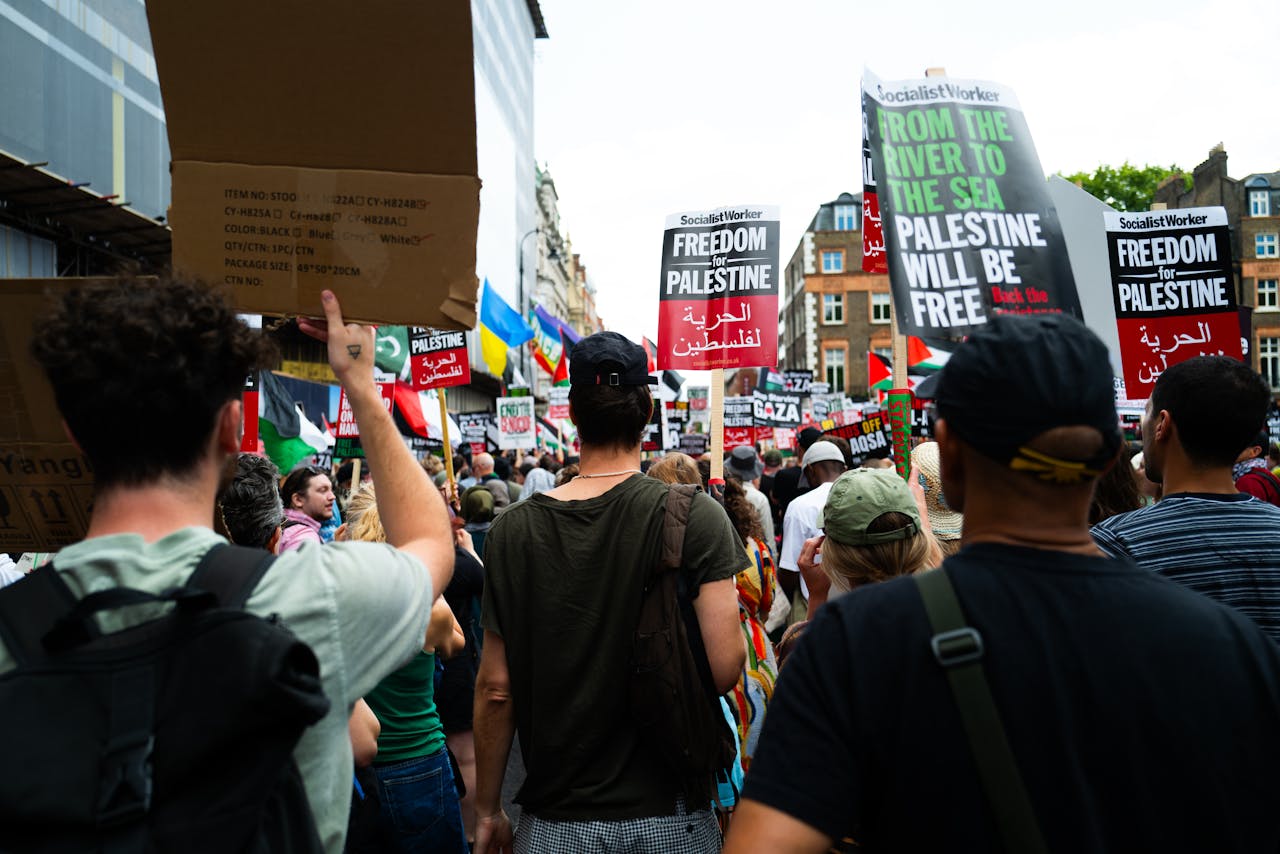In recent discussions surrounding the regulation of protests, a proposal has emerged suggesting that individuals who are paid by foreign groups to participate in demonstrations should be required to register as foreign agents. This idea stems from concerns about the influence of foreign entities on domestic political activities and the potential manipulation of public opinion through organized protests.
Explainer As A Former DC Cop, The Federal Takeover Was The Right Move
The call for registration is particularly relevant in light of recent investigations into the funding sources behind various protests. Reports have indicated that some protests may be linked to foreign interests, raising questions about the motivations behind these demonstrations. By requiring protesters to disclose their affiliations and funding sources, proponents argue that transparency can be enhanced, allowing the public to better understand the influences at play.
This proposal has gained traction amid broader discussions about the integrity of political discourse in the United States. Critics of foreign interference in domestic affairs have pointed to instances where foreign groups have allegedly funded protests to sway public sentiment on key issues. The suggestion to implement a registration system for paid protesters aligns with efforts to safeguard the democratic process from external manipulation.
Moreover, the idea of regulating paid protesters is not entirely new. Similar measures have been proposed in various contexts, particularly concerning lobbying and political campaigning. The Federal Election Commission has established guidelines for reporting contributions and expenditures, which could serve as a framework for a potential registration system for protesters.
As this conversation continues, it remains to be seen how lawmakers will respond to the proposal. The implications of requiring registration for paid protesters could have significant effects on the landscape of political activism and public demonstrations in the United States. Advocates for the proposal argue that it is a necessary step toward ensuring accountability and transparency in political expression, while opponents may raise concerns about potential restrictions on free speech and assembly.
Why it matters
- Proposal aims to require registration for paid protesters linked to foreign groups, addressing concerns over foreign influence on domestic politics.
- Calls for transparency in protest funding sources could reshape public understanding of political activism and its motivations.
- The initiative reflects ongoing debates about safeguarding democracy from external manipulation and maintaining the integrity of political discourse.
What’s next
- Lawmakers are expected to discuss the proposal further in upcoming sessions, with potential votes on the registration system.
- Advocacy groups may mobilize to support or oppose the registration requirement, influencing public opinion and legislative outcomes.
